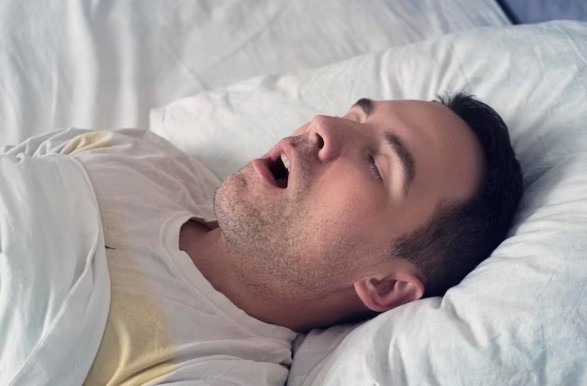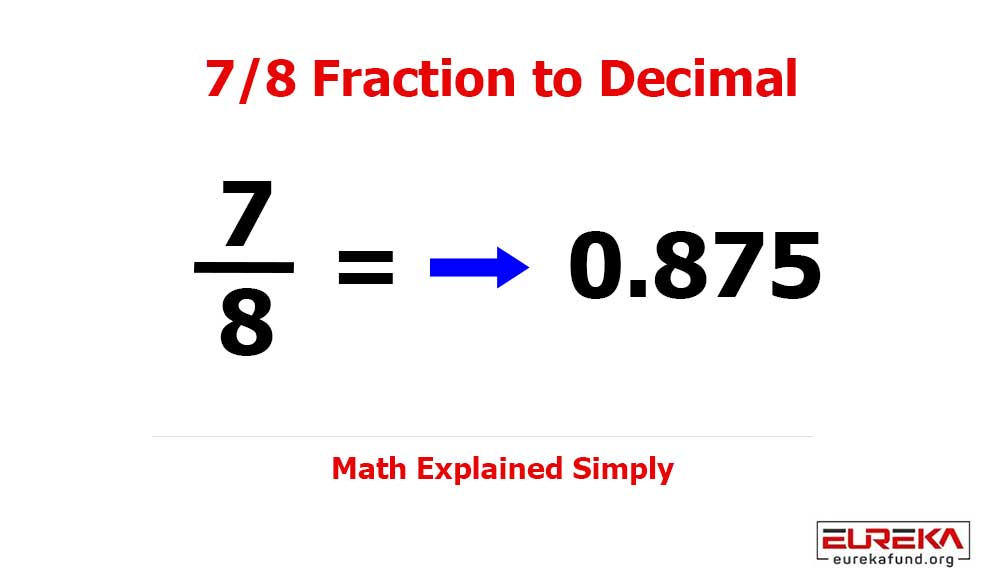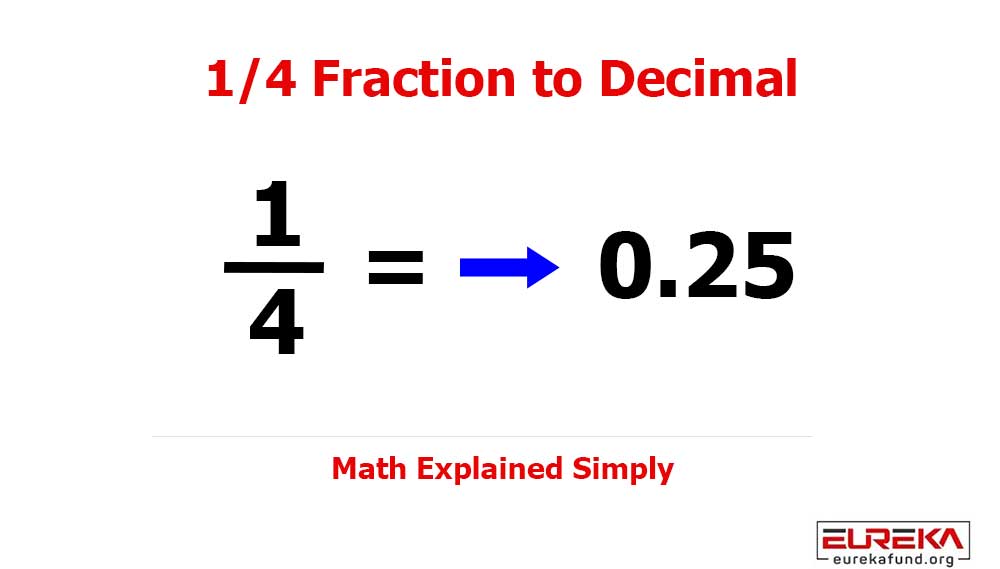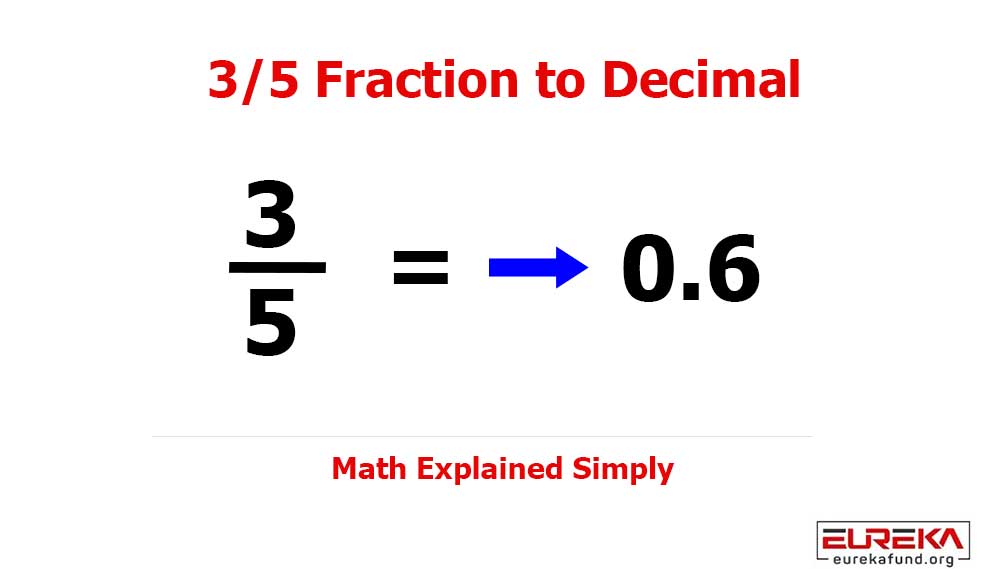Are you wondering if you have sleep apnea? Many of us have problems relating to sleep, but sleep apnea is a very severe problem and not something to ignore. Many people even find that they have sleep apnea after they start snoring loudly.
But can you have sleep apnea without snoring? Do they have to worry about this in the same way?
We’ll examine all of the possible cases in this article so that you can find out if you need to take action. We’ll also share how you can start to look into treatment options too.
Assessing the Link Between Sleep Apnea and Snoring
While snoring is often the first identification of sleep apnea, it is possible to have sleep apnea without snoring. A helpful guide to understanding the potential link between problems and snoring is educating patients about the signs and symptoms of sleep apnea.
These may include excessive daytime sleepiness, periodic pauses in breathing during sleep, snoring, morning headaches, difficulty concentrating, mood swings, and insomnia. Patients can also be screened for sleep apnea with a home sleep study.
Diagnosing Apnea Without Snoring
While many believe that sleep apnea always involves snoring, this isn’t always the case. Some individuals may have the condition without snoring or other obvious symptoms. Therefore, individuals need to be aware of the potential signs of sleep apnea. This includes:
- Morning headaches
- Fatigue
- Frequent awakening throughout the night
To diagnose apnea without snoring, a doctor may refer the patient to a sleep specialist for a sleep study. This involves an overnight evaluation where a patient’s heart rate, breathing, and blood oxygen levels are monitored.
This allows the doctor to pinpoint irregularities that may be related to apnea, such as abnormal drops in oxygen levels. As more people become aware of the dangers of untreated sleep apnea, it is important to recognize the signs and seek medical attention as soon as possible.
What Causes Apnea Without Snoring
Sleep apnea is a condition where a person’s breathing pauses or slows during sleep. It can happen even without snoring and can cause many problems like chest pains, fatigue, headaches, and depression. The most common cause of apnea without snoring is a blockage somewhere in the airway.
This blockage can be caused by an enlarged tongue or tonsils, an abnormally small airway, or a deviated septum. Another possible cause could be an obstruction to the nasal cavity. Other conditions like obesity, smoking, allergies, and acid reflux can also increase the likelihood of sleep apnea in those who don’t snore.

In addition, certain prescription medications, age, gender, overall health, and even family history can all be factors. Make sure to consult a reputable sleep apnea dentist near me if you or someone you know experience any symptoms.
This is such as extreme drowsiness during the day, gasping or choking noises during sleep, or other sleeping problems. A healthcare professional can diagnose and recommend sleep apnea treatments that can provide relief.
Learning if Can You Have Sleep Apnea Without Snoring
So, can you have sleep apnea without snoring? Sleep apnea can be a silent condition that can cause serious health problems. Although snoring is a common symptom, it is not necessarily present in everyone with sleep apnea.
If you are concerned that you might be suffering from sleep apnea, it is important to discuss it with your doctor and get tested. Don’t risk your health and well-being; take the necessary steps to ensure you get the help that you need.




